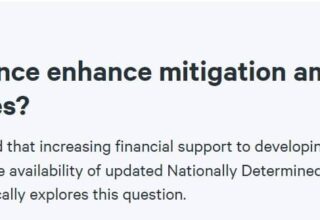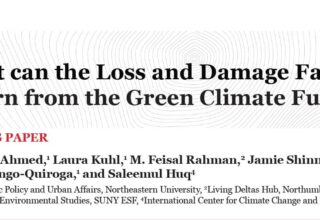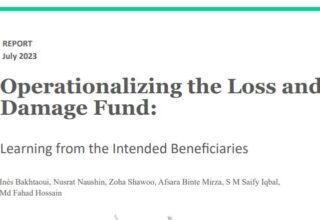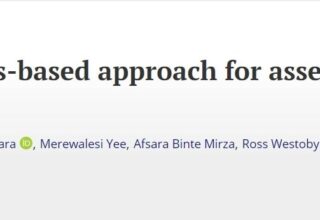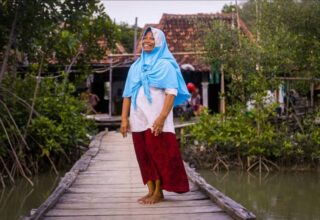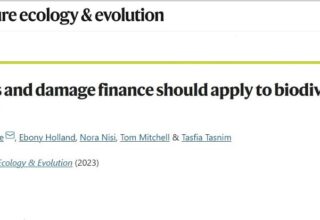Climate change has and will continue to increase the intensity and frequency of extreme climate events. Bangladesh is one of the most vulnerable countries to climate change owing to its low elevation, dominance of floodplains, its high population density and its low economic, infrastructural and technological capacity. Despite the vulnerability, Bangladesh has managed to reduce the adversity of the extreme events over the years. This study assesses the effectiveness of the country’s governance structure, implications of national policies, legal framework, involvement of local government, and non-government organizations in developing an efficient disaster risk reduction and anticipatory action system in Bangladesh. Through an extensive and systematic literature review the study reveals that the country has become a role model through its disaster management journey by successfully developing an efficient disaster management system from a reactive approach focused on relief rehabilitation to a proactive approach that includes hazard identification, improvement of community preparedness, reducing vulnerabilities, integrated response and recovery efforts. Also, the recent data shows that the loss of human life due to climatic extreme events is significantly reduced due to improved early warning and forecasting systems, effective use of local governance structure, active involvement of community-based organizations, risk informed and evidence-based policy formulation and effective implementation of the policies and strategies. Despite the success, the country is yet to secure livelihood and properties of vulnerable communities from disaster-induced loss and damage. Besides, there are adaptation failures which also need to be addressed through the lessons from the past. The article also discusses the disaster risk reduction and anticipatory action system requiring further strengthening, focusing mainly on building a climate risk resilient system by incorporating locally-led approach.
The Full Publication is available Here
Authors:
Towrin Zaman, Khandker Tarin Tahsin, Savio Rousseau Rozario, Adiba Binte Kamal, Mizan R. Khan, Saleemul Huq and Md. Bodrud-Doza
Published by Frontiers Media October 2022

